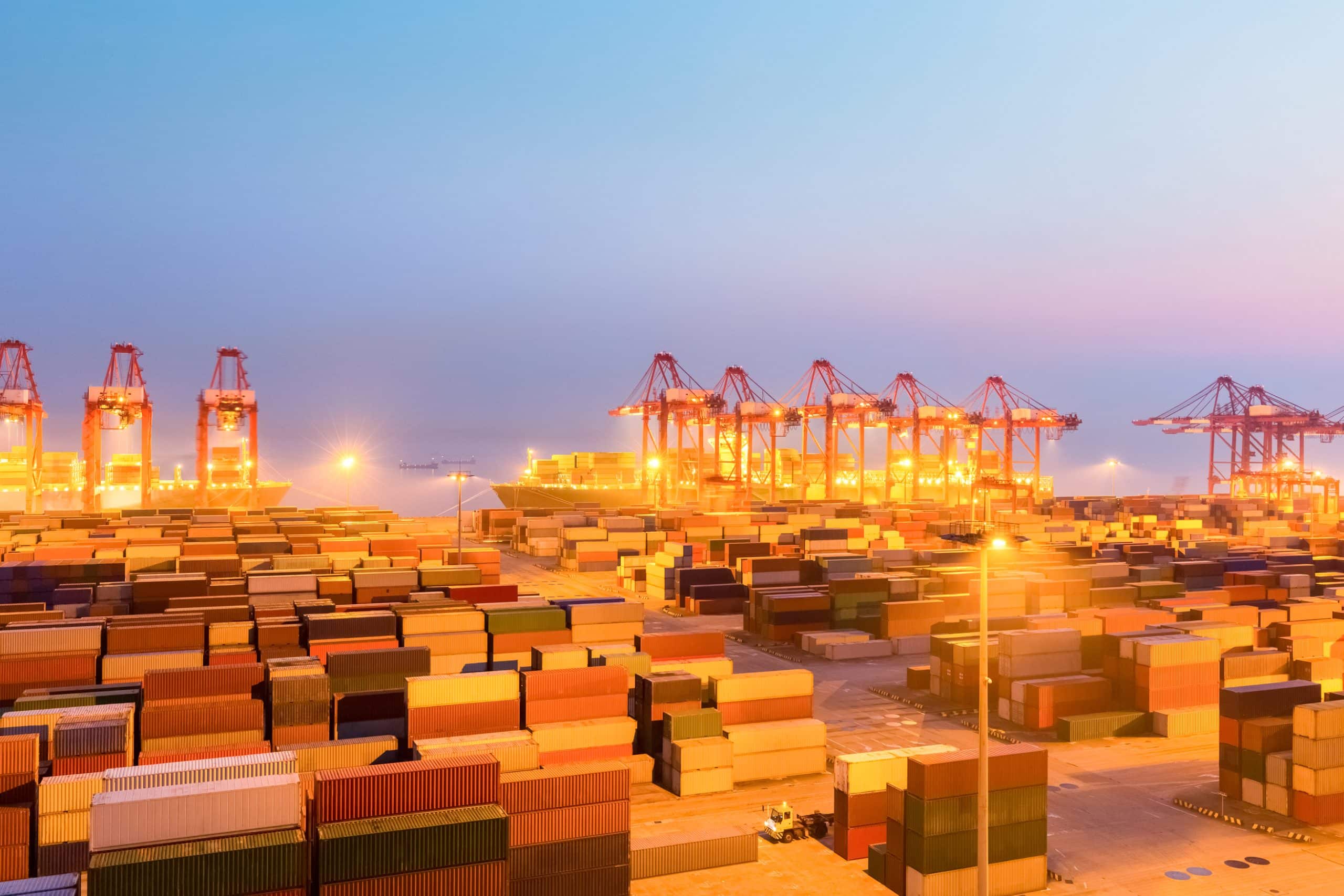What Are the Key Considerations for UK Companies Exporting to Post-Brexit EU Markets?

In an ever-evolving global market, UK-based companies face challenges and opportunities in navigating the changes brought on by Brexit. Trade between the UK and the EU has taken a new form, and businesses must adapt to new rules and requirements. Let’s discuss the key factors that UK companies should consider in the post-Brexit landscape.
Understanding the New Trade Rules
Trade relationships between the UK and EU have fundamentally changed with Brexit. The way goods and services are exchanged has been altered by new customs rules and VAT requirements. These changes have an impact on how UK companies do business with EU markets.
En parallèle : How Can UK Agricultural Suppliers Use Drone Technology for Inventory Management?
Prior to Brexit, the UK enjoyed the benefits of being part of a single market and customs union which allowed free movement of goods throughout the EU. Post-Brexit, the Trade and Cooperation Agreement (TCA) now governs trade between the UK and the EU. It ensures tariff-free trade on goods, provided they meet the appropriate rules of origin. However, it does not eliminate non-tariff barriers such as customs checks and regulatory standards.
UK businesses must now follow new customs procedures for exporting goods to the EU. This includes submitting customs declarations, providing proof of origin of the goods, and ensuring goods meet EU standards and regulations. Compliance with these new rules is crucial to mitigate potential disruptions in the supply chain.
A voir aussi : What Are the Best Digital Tools for Enhancing UK Agricultural Productivity?
The Impact of VAT Changes
As part of the series of changes that Brexit has brought, VAT (Value Added Tax) rules on trade between the UK and the EU have also been modified. These changes have significant implications for how UK firms conduct business with their EU counterparts.
Post-Brexit, UK businesses selling goods to EU consumers are now required to register for VAT in each EU country they sell to. This change can lead to increased administrative costs and complexity for businesses. Moreover, goods entering the EU from the UK are now subject to import VAT, with the rate of VAT being determined by the destination country.
For services, the place of supply rules determine where VAT is charged and the rate applicable. Most services supplied to EU customers by a UK business are now outside the scope of UK VAT. However, they may be subject to VAT in the EU under local rules.
Navigating the Rules of Origin
The rules of origin are a key part of the TCA, defining the economic nationality of a good for purposes of international trade. These rules are crucial for companies to understand as they determine whether a good will qualify for tariff-free access to the EU.
Goods are considered originating if they are wholly obtained or produced entirely in the UK or if they are substantially transformed in the UK. However, the specific product requirements can vary, and businesses must check the specific rules that apply to their products.
Understanding and complying with these rules is crucial for businesses. Failure to meet the rules of origin requirements may result in goods being subject to tariffs, potentially increasing costs and affecting competitiveness in the EU market.
The Ireland/Northern Ireland Protocol
The Ireland/Northern Ireland Protocol is another critical aspect of post-Brexit trading. This protocol is designed to avoid a hard border between Ireland and Northern Ireland by keeping Northern Ireland aligned to some EU rules.
For companies trading goods into Northern Ireland from Great Britain, this means they must comply with EU customs rules at the point of entry. This could mean additional paperwork and checks, potentially leading to delays and increased costs.
The protocol also means that goods moving from Northern Ireland to Ireland (and the rest of the EU) can do so without customs checks or controls, providing Northern Ireland businesses with an unprecedented gateway into the EU market.
Seeking Brexit Guidance and Support
The post-Brexit changes have added a level of complexity to the trade process for UK companies. In this regard, seeking guidance and support is essential to navigate the new trade landscape successfully.
Several resources are available to help UK companies understand and adapt to the new trade rules. These include the government’s Brexit checker tool, which provides personalized lists of actions companies need to take. Various trade associations and business groups also offer advice and support to help businesses navigate the changes.
Moreover, businesses are encouraged to collaborate with logistics providers and customs intermediaries, who can help manage customs declarations and paperwork. They can provide expert guidance on how to navigate new rules and procedures, helping businesses to continue to trade efficiently and effectively in the post-Brexit era.
Adapting to Data Protection and Digital Trade Rules
Post-Brexit, the EU’s General Data Protection Regulation (GDPR) still applies to UK companies that offer goods or services to individuals in EU member states, or monitor the behaviour of individuals within the EU. So, UK companies must continue to comply with data protection standards equivalent to those in the EU.
In addition to this, the Trade and Cooperation Agreement (TCA) also includes provisions on digital trade which prevents the UK and the EU from imposing unnecessary data localisation requirements. This means companies can’t be required to construct data centres as a condition of doing business.
Moreover, the UK and the EU have agreed to maintain high levels of protection for consumers when transacting digitally and to cooperate on issues of cybersecurity. This commitment to digital trade rules is significant as it will continue to influence the UK’s digital economy in the post-Brexit era.
Understanding these rules is critical for UK businesses to maintain their digital operations in EU markets successfully. It’s highly recommended that businesses seek legal advice to ensure they’re handling data correctly and meeting all necessary requirements.
Impact on Supply Chain and Logistics
Brexit has undeniably impacted the supply chain and logistics between the United Kingdom and EU member states. The introduction of customs checks and new documentation requirements have resulted in longer delivery times and increased costs for goods moving between the UK and the EU.
A clear understanding of customs procedures, including the correct classification of goods, is essential for smooth operations. Customs declarations must now be completed for all goods entering or leaving the UK, unless they are moving within the island of Ireland.
For a seamless transition, companies are encouraged to invest in training their staff on new customs procedures and documentation requirements. Utilising freight forwarders or customs agents can also help ease the burdens associated with new procedures.
In terms of logistics, investing in technologies like supply chain management systems or software that facilitates customs declarations can be beneficial. Such investments can help businesses adapt to the changes and maintain efficient operations.
Conclusion
Navigating the post-Brexit landscape is undoubtedly a complex task for UK businesses. The shift from free movement within a single market to a new trade deal has created a multitude of changes in customs procedures, VAT requirements, rules of origin, data protection and supply chain logistics.
However, with thorough understanding and strategic adaptation, businesses can effectively navigate through these changes. By utilising available resources, understanding new regulations, and seeking expert advice where needed, UK businesses can continue to thrive in the global trade arena despite the challenges brought about by Brexit.
Ultimately, the success of UK companies in post-Brexit EU markets will rely on their agility, resilience, and adaptability to the new trade environment, as well as their ability to seize the opportunities that this new era of trade presents. The post-Brexit era is not just about survival, but about capitalising on new opportunities to expand, innovate, and grow.
